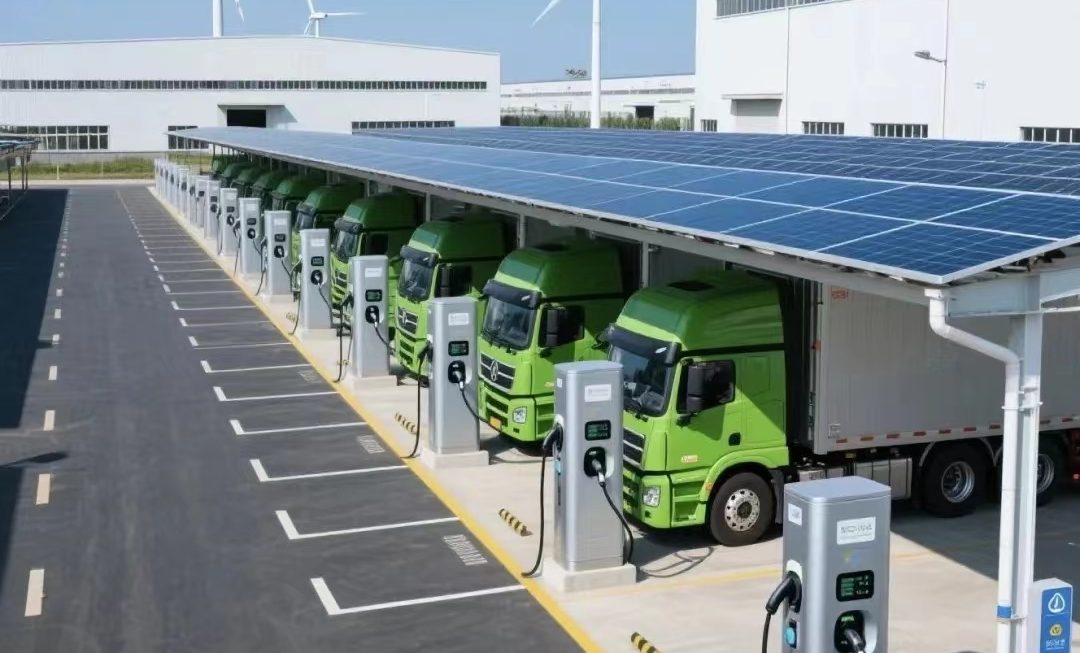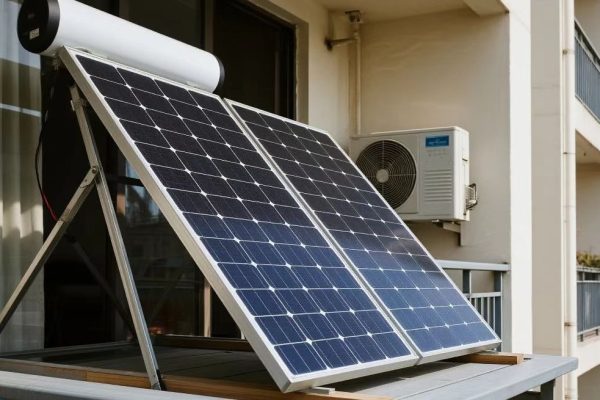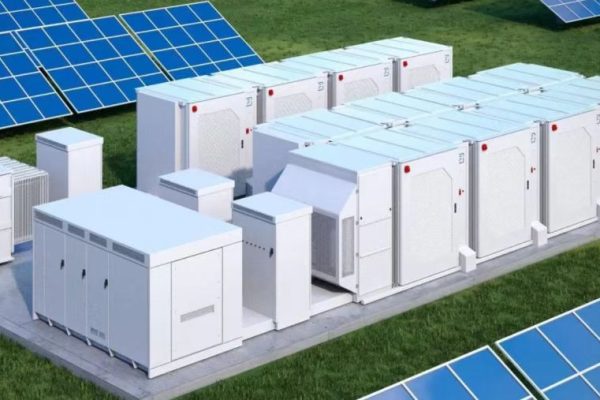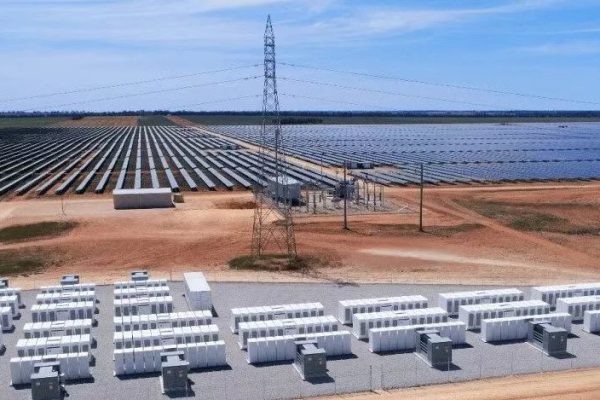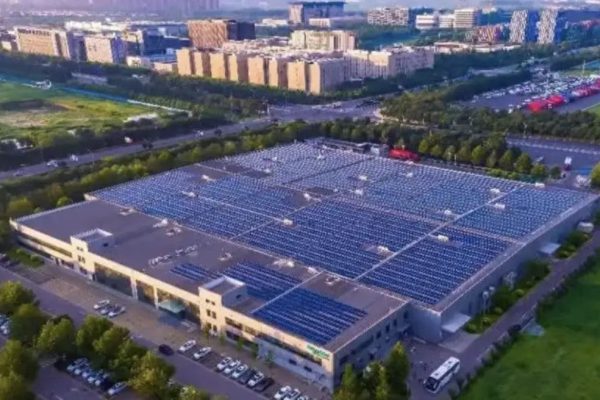Understanding European Buyer Priorities
When exporting energy storage systems to Europe, one of the most critical factors that influence purchase decisions is warranty terms. European clients are not only attentive to technical specifications and price; they are particularly sensitive to guarantees regarding product longevity, performance, and post-sale support. Understanding this sensitivity allows exporters to structure offerings that align with buyer expectations and regulatory requirements.
Cultural and Regulatory Background
European Consumer Protection Laws
Europe has strict consumer protection legislation. For most products, there is a minimum 2-year legal warranty mandated by EU regulations. This legal baseline creates high buyer expectations: even commercial buyers often seek warranties that exceed this standard, looking for products with 5–10 years of reliability.
Emphasis on Brand Reputation
European clients associate warranty terms with brand credibility. Companies that offer clear, comprehensive, and long-term warranties signal confidence in product quality. This cultural expectation stems from a combination of legal frameworks and consumer habits emphasizing risk reduction, trust, and sustainability.
Key Warranty Aspects Buyers Look At
1. Warranty Duration
While the EU requires a 2-year legal minimum, European industrial and residential buyers commonly seek longer coverage:
- Home energy storage: 5–10 years is standard.
- Industrial systems: 7–10 years, sometimes tied to capacity retention guarantees.
Extended warranties indicate confidence in battery chemistry (LiFePO₄ is favored for its stability) and system reliability, making it easier for exporters to differentiate themselves from competitors.
2. Performance Guarantees
European clients are concerned with long-term performance, not just immediate functionality. They pay attention to:
- Capacity retention: e.g., 80% after 10 years.
- Cycle life assurances: specified cycles at defined DoD (Depth of Discharge).
- System efficiency over time: round-trip efficiency or self-discharge rates.
These guarantees often influence investment calculations and ROI projections.
3. Coverage Scope
Buyers carefully examine what the warranty includes:
- Parts and component replacement.
- Labor costs for repairs or replacement.
- Logistics: pick-up, shipping, or on-site service.
Transparency in coverage builds trust and reduces perceived risk, which is a major factor in the European market.
4. Transferability
Many European buyers value transferable warranties. If a system is resold, the warranty should remain valid. This is particularly important in residential projects or multi-unit installations, where properties may change ownership. Transferability ensures sustained system value and appeals to end-users and project developers.
Comparisons with Other Regions
North America
In North America, warranty sensitivity exists but buyers also weigh service networks and UL safety certifications heavily. Performance guarantees are important, but there is more tolerance for shorter durations if strong service support is available.
Middle East & Africa
Buyers are more cost-focused and often prioritize system availability and reliability over long warranties. Extended warranties can be a selling point but are secondary to upfront pricing and rapid deployment.
Asia-Pacific
Warranty expectations vary widely. Scalability and technical adaptability often outweigh warranty duration. Extended coverage is appreciated but less decisive compared to European markets.
How Exporters Can Respond
Clear Documentation
Provide detailed warranty documentation in English and local language where appropriate. Include explicit terms, performance guarantees, and limitations.
Offer Extended Warranty Options
Allow buyers to choose standard vs extended coverage, providing flexibility and creating a competitive advantage.
Transparent After-Sales Support
Set up clear processes for service requests, replacement procedures, and response times. European clients value predictable support chains.
Build Trust Through Certifications and References
Display CE, UL, IEC, and UN38.3 certifications prominently. Provide case studies or references from satisfied European clients to reinforce credibility.
Warranty as a Competitive Tool
In Europe, warranty terms are more than a legal requirement—they are a strategic differentiator. Exporters who understand European expectations can leverage warranties to:
- Signal product reliability and quality.
- Build trust with buyers and end-users.
- Reduce sales friction and shorten negotiation cycles.
By emphasizing long-term performance guarantees, transparent coverage, and responsive after-sales support, energy storage exporters can gain a strong foothold in the European market and stand out among competitors.




